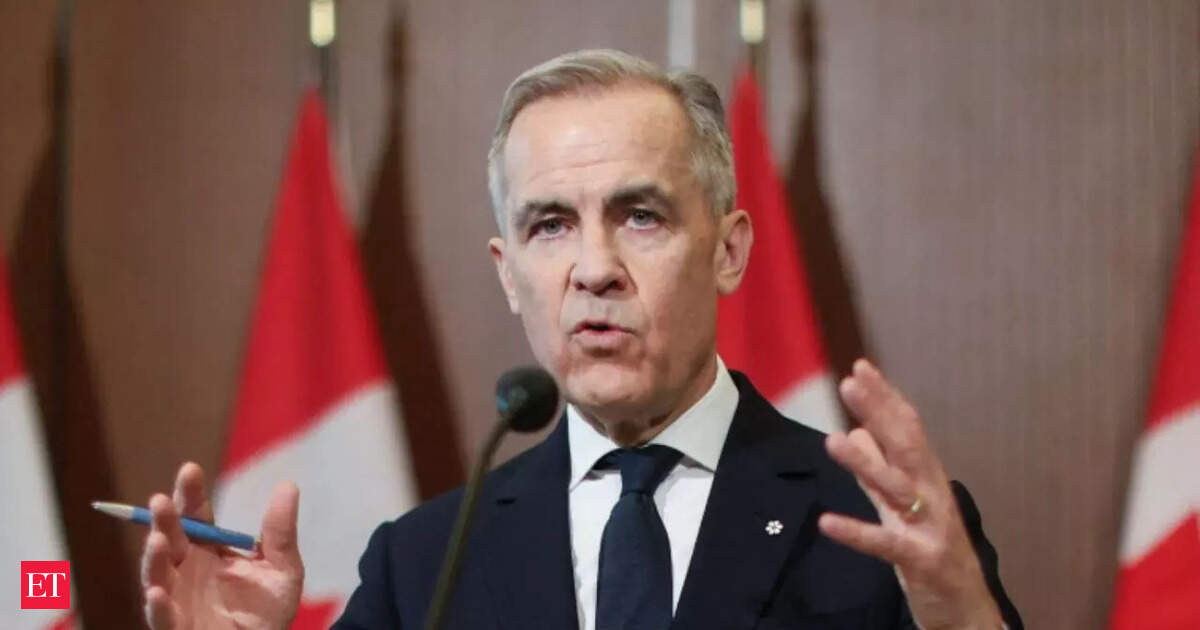Prime Minister Mark Carney hailed the legislation as a cornerstone of Canada’s economic strategy, saying, “This is what makes us more independent from the United States, this is what’s going to move us forward.” He defended the rapid passage of the bill, arguing that “we are in a crisis,” pointing to struggling industrial cities like Sault Ste. Marie, Hamilton, and Windsor.
Introduced only two weeks earlier on June 6, the bill passed after just eight hours of committee review, thanks to Conservative support. It now moves to the Senate, which is expected to sit until June 27, leaving a tight window for it to become law before Canada Day.
The legislation has two distinct parts:
One aims to eliminate internal trade barriers, allowing for freer movement of goods and labour between provinces.
The second, and more controversial, component allows the federal cabinet to fast-track infrastructure projects deemed in the “national interest.”
Because of their distinct focuses, the House Speaker ruled that two separate votes were required. The NDP and Bloc Québécois supported the first part but opposed the second.
While the Canadian Chamber of Commerce praised the bill for “rising to meet the moment” of the economic downturn, Indigenous leaders and environmental groups expressed concern.
Critics argue the bill grants too much unchecked power to the federal cabinet and risks overriding constitutional Indigenous rights.
The government amended the bill to ensure it no longer allows the cabinet to bypass the Indian Act. Carney further promised that a new Indigenous advisory council would oversee implementation and announced plans for full-day summits with First Nations, Inuit, and Métis leaders alongside key cabinet ministers.
“This is a serious sign,” said Crown-Indigenous Relations Minister Rebecca Alty, “that we will honour our constitutional commitments.”
Tensions between provinces are also simmering. Alberta Premier Danielle Smith is advocating for a pipeline through British Columbia, but BC Premier David Eby warned there is no project proponent or funding, and emphasized BC’s critical role in Canada’s trade strategy.
“The real work begins now,” Carney said, acknowledging the challenges and path ahead.

